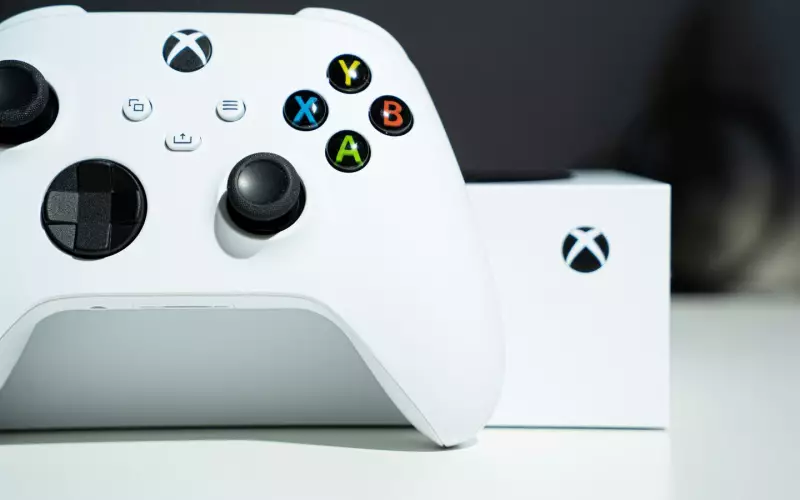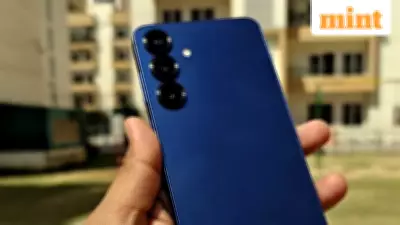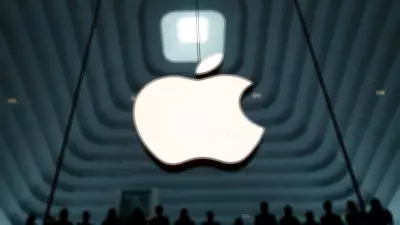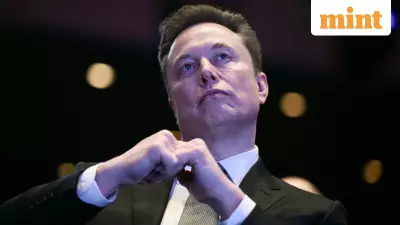
In a groundbreaking shift that could redefine the gaming landscape, Microsoft is transforming Xbox from a console-centric platform into a ubiquitous service available on virtually any device. The tech giant's ambitious vision aims to make Xbox gaming as commonplace and accessible as using Microsoft Word or Excel.
The End of Console-Exclusive Gaming?
Microsoft Gaming CEO Phil Spencer has revealed a revolutionary approach that prioritizes cloud gaming and subscription services over traditional console sales. "We're not in the business of just selling consoles anymore," Spencer explained during a recent interview. "Our goal is to bring the Xbox experience to the billions of devices people already own."
Xbox Game Pass: The Netflix of Gaming
At the heart of this strategy lies Xbox Game Pass, Microsoft's subscription service that's rapidly becoming the Netflix of gaming. The service offers:
- Access to hundreds of games for a monthly fee
- Cloud gaming capabilities on smartphones, tablets, and PCs
- Day-one releases of major Microsoft titles
- Cross-platform progression and saves
Why This Changes Everything for Indian Gamers
For markets like India where console penetration remains relatively low, this shift represents a gaming revolution. Indian players can now:
- Access premium Xbox games on affordable Android smartphones
- Play without expensive hardware investments
- Enjoy high-quality gaming on budget data plans
- Experience titles previously limited to console owners
The Business Behind the Strategy
Microsoft's pivot isn't just about gaming accessibility—it's a calculated business move. By treating Xbox as a service rather than a product, Microsoft can:
- Tap into the massive mobile gaming market
- Generate recurring revenue through subscriptions
- Compete directly with streaming giants
- Leverage their Azure cloud infrastructure
The future of Xbox isn't under your television—it's in your pocket, on your laptop, and across all your devices. As Spencer puts it, "We want to meet gamers where they are, rather than forcing them to come to us."
What This Means for Traditional Consoles
While Microsoft will continue producing Xbox hardware for enthusiasts, the company's primary focus has clearly shifted. The next generation of gaming might not require a $500 console purchase, but rather a subscription and a stable internet connection.
This strategic evolution positions Microsoft to compete not just with Sony and Nintendo, but with every entertainment platform vying for consumers' screen time. The message is clear: Xbox is no longer a box—it's an experience available everywhere.





